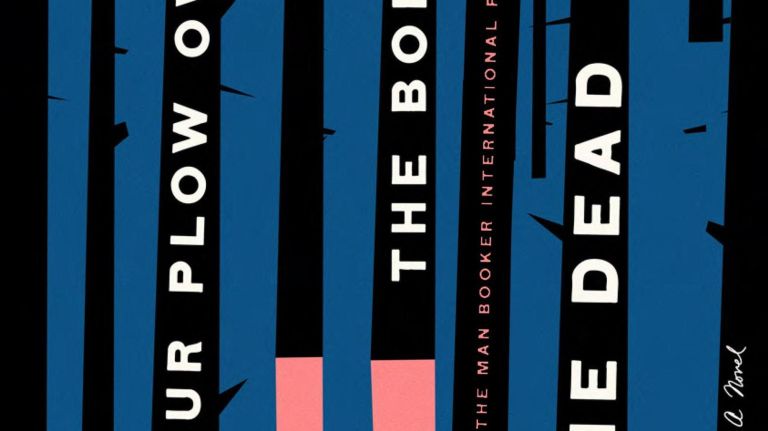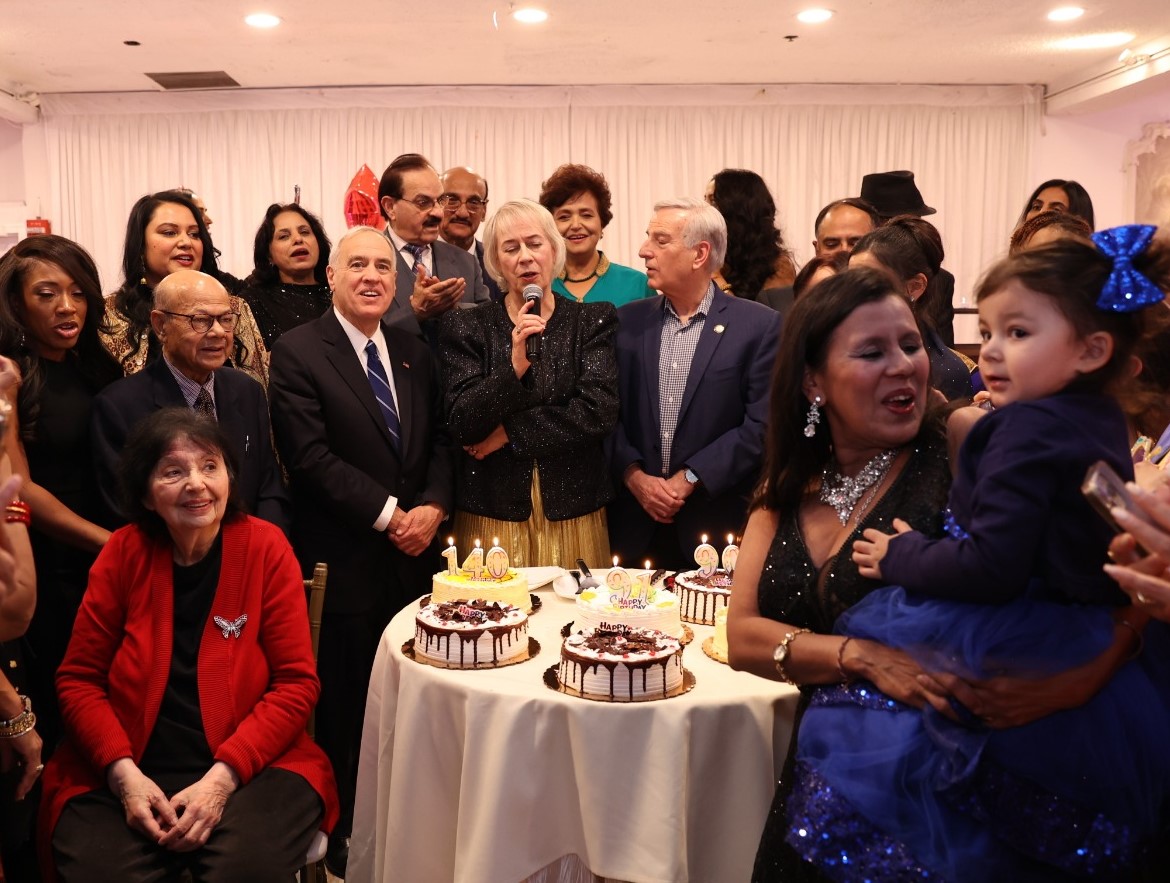

BY JOSH ROGERS | (ORIGINALLY POSTED JAN. 22, 2014) Paul J.Q. Lee, a Chinatown small business owner and activist who seemed to relish in uphill fights against the establishment, died Jan. 18 at age 63.
Lee suffered a heart attack in the subway on the way to work Jan. 15, and died three days later at Beth Israel, said Keith Leung, who thought of Lee as a second father figure.
Lee and his family owned the 32 Mott Street General Store for over a century before he had to close the business in 2003, citing the loss of traffic from the N.Y.P.D. security closure of Park Row.
He became one of the leading voices in the neighborhood to reopen the thoroughfare, which passes under police headquarters and links Chinatown to the rest of Lower Manhattan.
Lee was also an actor with over a dozen film credits including small roles in “Big”(Executive # 4) with Tom Hanks and “Year of the Dragon” (Jackie Wong’s son), which was set in Chinatown, his home for all of his life.
Geoff Lee, a childhood friend who is unrelated, said Paul was known in the film industry as the “go-to man in Chinatown” and helped get jobs for him and others in the neighborhood, particularly for “Year of the Dragon” which was actually shot in North Carolina with a realistic set of New York’s Chinatown.
Photographer Corky Lee, also unrelated, remembers Paul brokering a meeting for him with “Dragon” director Michael Cimino to look at his photos of Chinatown. Lee said Paul knew when to interject during the meeting, and even though Cimino didn’t end up buying any photos, Paul was able to get work for many others on the film.
“He was the Chinese-American Al Sharpton,” Corky Lee added. “He’d say things that needed to be said that no one else would say.”
In 2004 when the city suggested moving Chinatown’s Chatham Square plaza without a plan to save the memorials to Chinese veterans, Paul Lee told Downtown Express “You’re in for a fire fight. I’ll get on the barricades with [veterans groups]. As a community member I’m not going to let my people be disrespected.”
Lee, a gregarious man who was quick with a joke, was always a staunch defender against any slights to the Chinese community, but he also had an independent streak a mile wide, never worrying about his popularity.
At least three times, he passed on supporting Chinese candidates for Lower Manhattan’s City Council seat.
“I even gave him an out and said ‘I don’t want to give you a problem with your community,’ but he stuck with me and stayed ‘til the very end,’” said John Fratta, who received Lee’s endorsement for unsuccessful Council campaigns in 1991 and 2001.
Fratta said “Paul loved Chinatown, but he also felt it was important to build relationships between all of the neighborhoods of Lower Manhattan.’
Last year, Lee endorsed Jenifer Rajkumar in her unsuccessful effort to unseat City Councilmember Margaret Chin.
“I get a lot of hostility because I’m not supporting Margaret,” he said after Rajkumar’s announcement last year.
He said he thought Rajkumar would fight harder to reopen Park Row to general traffic.
He confided that he expected Chin to win the neighborhood convincingly, but he just wanted to help her opponent “get a piece of it.”
He was often frank about his chances in seemingly quixotic battles.
When he and neighbors convinced a judge to order the N.Y.P.D. to reopen a public park it had taken over for parking, James Madison Plaza, Lee said he was “shocked… .
“I had all these plans, but none of them were predicated on us winning. I was saying if we lose, we can do plan B or C or D.”
“Lots of times Paul fought the fight because no one else was doing it,” said Geoff Lee, his childhood friend.
Lee was also not afraid to acknowledge agreement with his opponents. He had epic battles with the Bloomberg administration on the street closures, but in ’03 he expressed support for Mayor Bloomberg’s effort to replace primaries with non-partisan elections. The position also put him on the side of a community activist he often opposed, Margaret Chin, but at odds with almost all other local Democratic leaders.
“Nothing else has worked for Chinatown,” Lee said about the ballot referendum, which was later defeated overwhelmingly. “I don’t think we’re getting 10 percent of the attention we should.”
Leung, a surrogate son, said he was always inspired by Lee’s fights against tough odds. Leung’s father got him the job at Lee’s store at age 14 to help avoid the neighborhood’s gangs.
Now 30 and an advertising artist, Leung said Lee helped out many neighborhood kids like him.
Lee’s college roommate, Jonathan Atkin, said he took many professional headshots of Chinatown teens who got acting work through Lee.
Atkin, who met Lee at Lake Forest College in Illinois where Lee headed the Asian Students Alliance, said he was always amazed by the variety of Lee’s efforts — helping run the family business with lots of sideline efforts while staying active in politics and helping out neighborhood kids.
In the ‘80s, Lee promoted visits from China of table tennis and women’s basketball teams.
Atkin, said he went to JFK Airport one time to photograph a Chinese team’s arrival and was stopped by the N.Y.P.D., but the Chinese security detail quickly smoothed things over by saying ”he’s with Paul Lee.”
Lee also arranged bus tours to Atlantic City and Atkin remembered anther incident when a white casino official spoke to Lee in pigeon English.
Lee made his roots clear in a profanity-laced response.
“How dare you use this racist language with a person who’s a full-blooded American and New Yorker,” was the essence of Lee’s reply, said Atkin.
Paul Lee, a middle child, was born to Peter and Mildred Lee March 19, 1950.
“He learned to play handball on the walls of the Tombs,” Atkin said, referring to the city jail’s nickname.
The “J.Q.” initials abbreviate his Chinese name, and he adopted them as an adult to distinguish himself from other Paul Lee’s.
He graduated from Stuyvesant High School in 1966 before heading off to Lake Forest to earn a degree in history in 1972. He then went to work at the family business.

Lee’s grandfather, Lee Lok, opened the 32 Mott St. store, Quong Yuen Shing & Company, in 1891. It imported goods from China, reselling some to stores in other U.S. cities including Boston and Philadelphia, Lee said in a 2004 interview.
At the time, immigration laws prohibited Chinese women from entering the U.S., so the store also served as a social center for bachelors. In the ‘70s and ‘80s, Paul ran the store with his father before taking over in the mid-‘80s. Paul eventually changed the name to the 32 Mott Street General Store, and sold Asian giftware.
Behind in rent, he closed in 2003, but he still lived on the same block. When Lee watched the store reopen the next year under a new owner he said, “It’s very, very painful. To lose the store — that was my family’s business for 113 years. It’s very shameful, very painful.”
Four years later in 2008, his wife of 29 years, Janny Lee, died of cancer, a loss, which friends say he took particularly hard.
Lee, who had no children, is survived by his older sister, Patricia Farley, and his younger brother, Warren Lee.
There will be a wake Thurs., Jan. 23from 3 p.m.- 6 p.m. and a service at 6 p.m. at True Light Lutheran Church, 195 Worth St. The church will also have a funeral Fri., Jan. 24, 9 a.m. Friends and family request donations be made to the church.
Lee worked his final years at the New York City Housing Authority, where he was a borough coordinator.
Through his setbacks, he often persevered with passion and humor.
He was the first speaker at a 2003 meeting with city officials that neighbors thought was a public hearing to get input on a possible unwanted traffic change, but they learned hours later that the change was already approved.
Perhaps sensing that there was no chance to stop the plan, Lee had simple advice to the speakers who would follow him: “Be loud.”


































